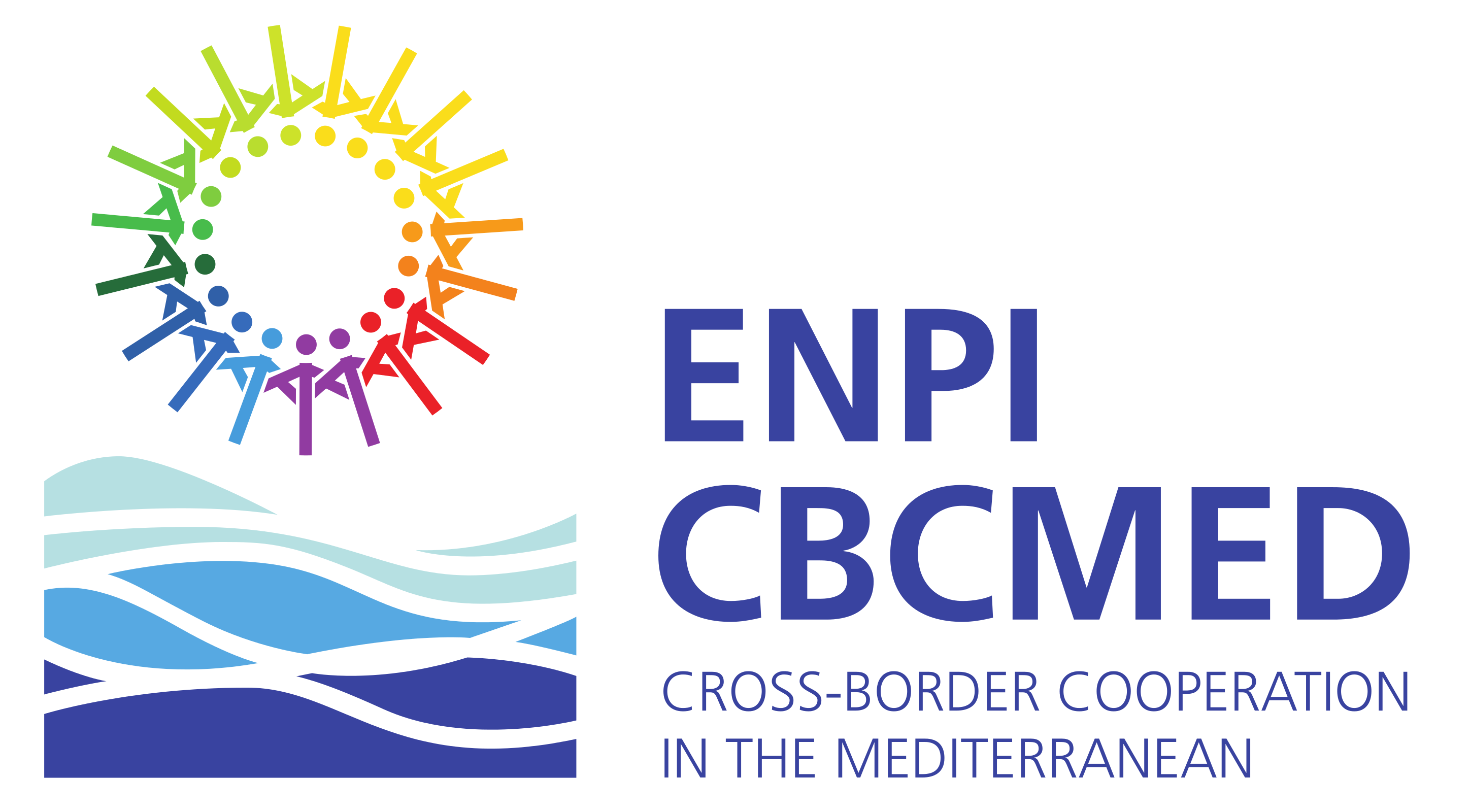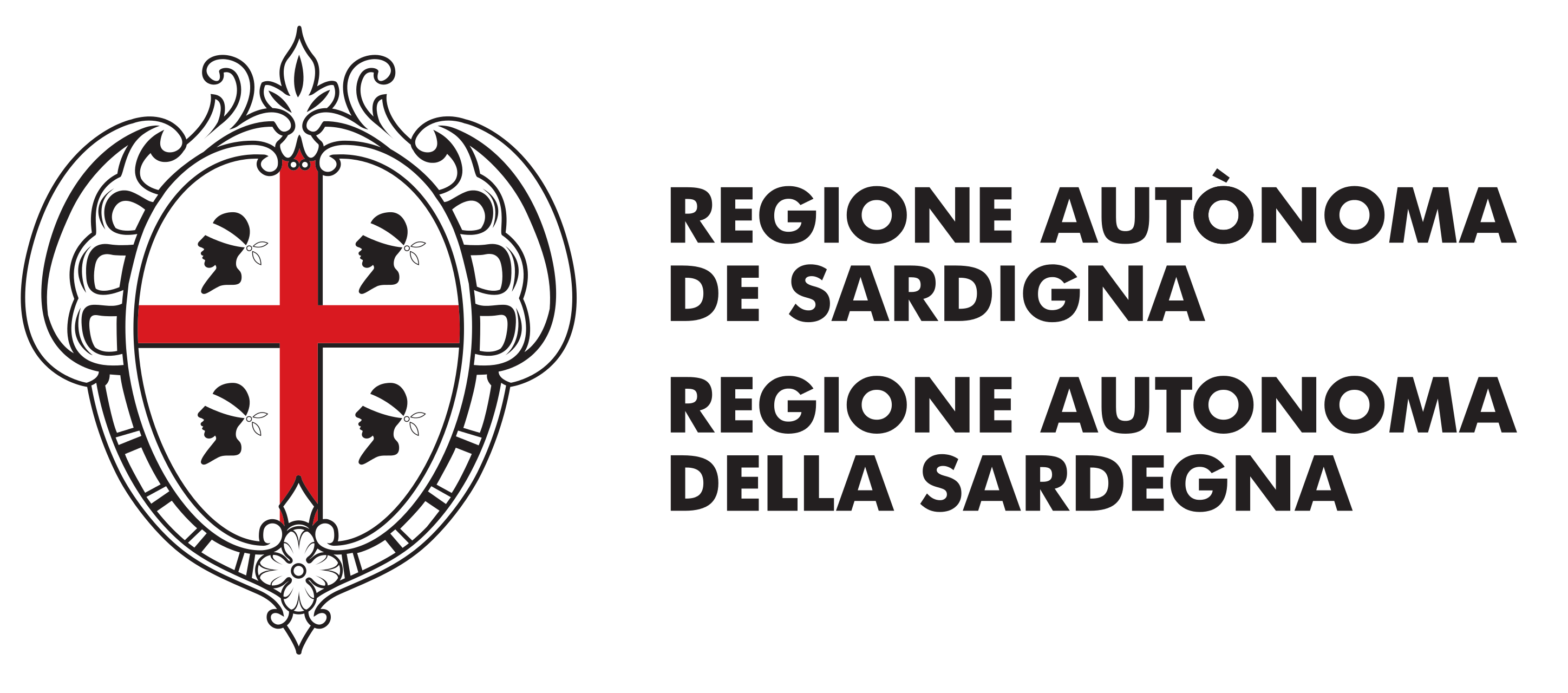Project Overview
 The AQUAKNIGHT project responds to the need of all countries in the Mediterranean region to optimise performance of water networks and reduce water losses.
The AQUAKNIGHT project responds to the need of all countries in the Mediterranean region to optimise performance of water networks and reduce water losses.
The target territories face water scarcity which is expected to worsen as result of increased demand (population and economic growth) and climate changes. This is particularly true for the Mediterranean Partner Countries, where the water problem is more felt due to the aridity of the region.
AQUAKNIGHT intends to facilitate the dialogue among water institutions and operators from different regions in the Mediterranean area, and promote sustainable solutions for tackling water scarcity in the region. An effective use of the resource will prevent inter-basin transfers as well as international and national conflicts for water use.
The project intends to provide the target groups (water operators) with the knowledge and tools to improve the management of their systems and reduce the volumes of Non Revenue Water. In the different Countries, the network operators will be thoroughly trained in water balance techniques and in the use of advanced metering systems.
A novelty of AQUAKNIGHT is the enhanced knowledge of administrative water losses caused by inaccurate metering of customers’ consumption. An accurate measurement of consumption is a preliminary step in assessing leakage and achieving an efficient management of the water network. Based on the five pilot projects, AQUAKNIGHT will deliver a Manual of Best Practice for determining the value of administrative losses in water networks in the Mediterranean basin. Furthermore the project will foster the adoption of international best practice in the Mediterranean area, thence helping to establish common standards for managing and benchmarking water supply systems all across the region.
Project Context
In the Mediterranean region water is a particularly precious resource. Its limited availability contrasts with the increasing demand due to population growth, water intensive economic activities (agriculture, tourism) and unsustainable water use practices. In many Mediterranean cities water losses in distribution networks amount to more than 30% of the water put into supply, and in some cases can even reach 80%! The water problem is common to the entire Mediterranean area and unfortunately the impacts of climate change are likely to worsen this situation.
Appropriate technologies and methodologies for controlling water losses have been developed for many years by recognized international institutions such as IWA and AWWA. However not enough progress has been achieved in the Mediterranean area on the whole because of:
- Missing integration of existing technologies;
- Lack of analysis of water consumption and losses in the Mediterranean;
- Insufficient training of water practitioners;
- Lack of case studies in the Mediterranean Basin.
AQUAKNIGHT aims at overcoming the above barriers and proposes the implementation of five parallel pilot projects, two in EU Mediterranean cities and three in cities of the Mediterranean Partner Countries. The project will support the transfer of knowledge as well as implement examples of good practice that can be replicated in many other locations of the Mediterranean basin.
The overall objectives of AQUAKNIGHT are to:
- contribute to the protection of the environment by achieving a more efficient use of water resources;
- build a cooperation framework between stakeholders of water services in EUMC and MPC to foster initiatives for improving the efficiency of water networks.
The specific objectives of the project are:
- the development of parallel pilot projects in Partner Mediterranean countries (Egypt, Jordan and Tunisia) and EU Mediterranean countries (Cyprus and Italy) for the transfer of experiences in integrated planning and management of water distribution networks
- Capacity building of technical staff of water companies and public institutions concerned with water management in order to promote water saving and water demand management
- to strengthen the links between water entities in the EU Mediterranean countries and those in the Partner Mediterranean countries to promote synergies and collaborative actions for tackling water scarcity in the Mediterranean basin
- To transfer the knowledge from EUMC to MPC on best practice and state-of-the-art techniques for efficient water management.
Target Groups
Target groups are mainly the water operators/utilities in the Mediterranean EU and Partner countries. AQUAKNIGHT will appeal to water utilities who manage directly leakage and to private operators who have a performance-based contract to manage leakage on behalf of the utility. Market forces are driving utilities and operators to become more efficient, but often the utilities do not know how to do this. The AQUAKNIGHT project intends to implement 5 case studies focused on strengthening the capacity of water operators in the cities of Aqaba, Alexandria, Genoa, Lemesos and Tunis to monitor the network and particularly customers’ consumptions. This is a crucial step to assess the system performance and consequently adopt appropriate measures to manage demand and reduce water losses. The methodology and technologies demonstrated in AQUAKNIGHT are appropriate to most water utilities in the Mediterranean basin, but also worldwide, and therefore the potential for replication is huge. Already there are more than 60 regions covered by the ENPI call and their water operators will benefit from the technologies demonstrated in AQUAKNIGHT.
The Ministries of Environment and Public Works, as well as local authorities (e.g. municipalities, prefectures) are additional secondary target groups for the project since they will be able to foster further applications and optimise their investments in providing water services. Lastly the population of the target countries will also benefit from the project since they will have better water services and their water resources will be better preserved.
Project Tasks
AQUAKNIGHT is structured into the following tasks:
Task 1: Project launch and implementation of preparatory actions (month +0 to month +6)
- Start the project through the kick-off meeting that will gather all partners and launch AQUAKNIGHT;
- Based on the assessment of the context in each country and pilot site, adapt and further integrate the project work plan of the first year;
- Determine context-specific approach of the project and define the preparatory actions needed in each pilot site prior to the implementation of the pilot project actions (Task 2);
- Implementation of the preparatory actions in each pilot site.
Task 2: Pilot projects (from month +3 to month +30)
- Test the application of water loss control methodologies in selected water utilities from Cyprus, Egypt, Italy, Jordan and Tunisia and adapt the approach to the Mediterranean partner countries context;
- Improve the capacity of staff at the participating water utilities to:
- calculate the components of Non Revenue Water according to international best practice (International Water Association’s standards);
- to accurately meter consumptions through the use of Automatic Meter Reading (AMR) systems;
- to monitor leakage through the application of Active Leakage Control techniques.
- Produce a ‘best practice’ manual for Utilities for the reduction of NRW (apparent and real losses) including description of the methodologies and technologies applied, pros and cons, conclusion, recommendations etc.
- On the job training of staff at participating water utilities on leakage control and water metering technologies, field activities, etc.
- Contribute to the reduction of water losses in the five pilot District Metered Areas.
Task 3: Capacity Building
- Transfer the know-how of water loss management from the EU countries to the Med Partner Countries;
- Promote standard practices for water loss management and benchmarking for countries in the Mediterranean basin;
- Build the capacity of Mediterranean water operators to improve the operational and financial performance.
Task 4: Project dissemination
- Enhance the knowledge and facilitate access to information about best practice for enhancing the performance in water loss management;
- Enable wide group of stakeholders at the national and international level to benefit from the project know-how;
- Promote application of advanced approaches in water loss management;
- Lay the basis for future transfer and replication of project methodology and tools to other countries of Mediterranean basin.
Task 5: Project management
- Guard that project activities are implemented according to contractual obligations and project work plan;
- Achieve project expected results and ensure meeting project objectives.
 العربية
العربية Français
Français Ελληνικά
Ελληνικά Italiano
Italiano

